In today’s fast-paced world, stress is often seen as an unavoidable part of life. However, managing and reducing stress is not just beneficial for our mental well-being; it has profound implications for our physical health as well. Here, we explore how reducing stress can lead to better physical health and provide practical tips for achieving a more relaxed state of mind.
Understanding Stress and Its Physical Impact
Stress triggers the body’s fight or flight response, releasing hormones like adrenaline and cortisol. While these hormones are useful in acute situations, prolonged exposure can lead to detrimental effects on the body. Chronic stress has been linked to numerous health issues, including heart disease, diabetes, and immune dysfunction. It can exacerbate almost every pre-existing condition and can lead to increased vulnerability to new illnesses.
Benefits of Stress Reduction on Physical Health
1. Improved Cardiovascular Health: Reducing stress can lower blood pressure, reduce the risk of heart attack and stroke, and improve overall heart health. Relaxation techniques and stress management can help keep the cardiovascular system functioning smoothly.2. Enhanced Immune Function: Chronic stress can weaken the immune system, making the body more susceptible to infections. Stress reduction practices boost immunity by decreasing the production of stress hormones that impair immune function.
3. Better Weight Management: High stress levels can lead to weight gain due to a combination of hormonal effects and the tendency to overeat or choose unhealthy foods.
Managing stress can help regulate appetite and reduce cravings for high-calorie, fatty foods.
4. Reduced Inflammation and Pain: Stress can increase inflammation in the body, which is linked to numerous chronic diseases like arthritis and fibromyalgia. Through stress management, individuals can experience reductions in pain and inflammation.
5. Improved Digestive Health: Stress can impact the gastrointestinal system, leading to conditions such as irritable bowel syndrome (IBS), ulcers, and indigestion. Reducing stress can help restore normal digestive functioning.

Practical Tips for Reducing Stress
1. Regular Physical Activity: Exercise releases endorphins, the body’s natural painkillers and mood elevators. Engaging in regular physical activity is one of the most effective ways to combat stress.2. Mindfulness and Meditation: Practices like meditation, yoga, and tai chi can reduce stress and anxiety by enhancing mindfulness, which helps individuals focus on the present moment and reduce negative thinking.
3. Adequate Sleep: Sleep is crucial for recovering from stress. Establishing a routine that promotes regular, restful sleep can significantly improve stress management.
4. Healthy Social Interactions: Spending time with friends and family or engaging in social activities can provide emotional support and reduce stress.
5. Time Management: Often, stress arises from feeling overwhelmed with responsibilities. Effective time management can help reduce anxiety over completing tasks.

By integrating these practices into daily life, individuals can manage stress effectively and improve their overall physical health. In conclusion, while stress is an inevitable aspect of life, its management is crucial for maintaining physical health and overall well-being. Start small with manageable changes to your daily routine, and over time, these can lead to significant benefits for both your body and mind.


